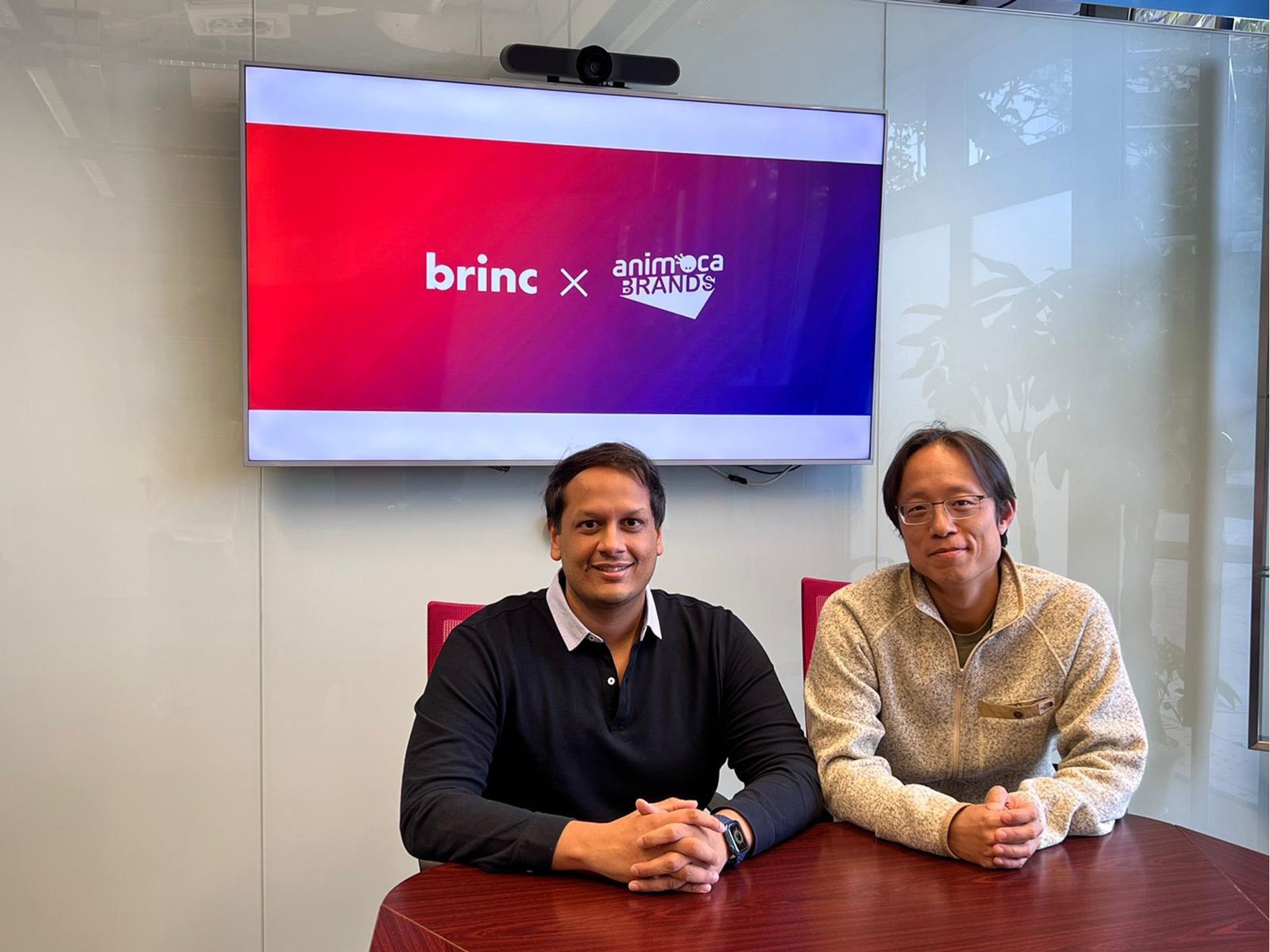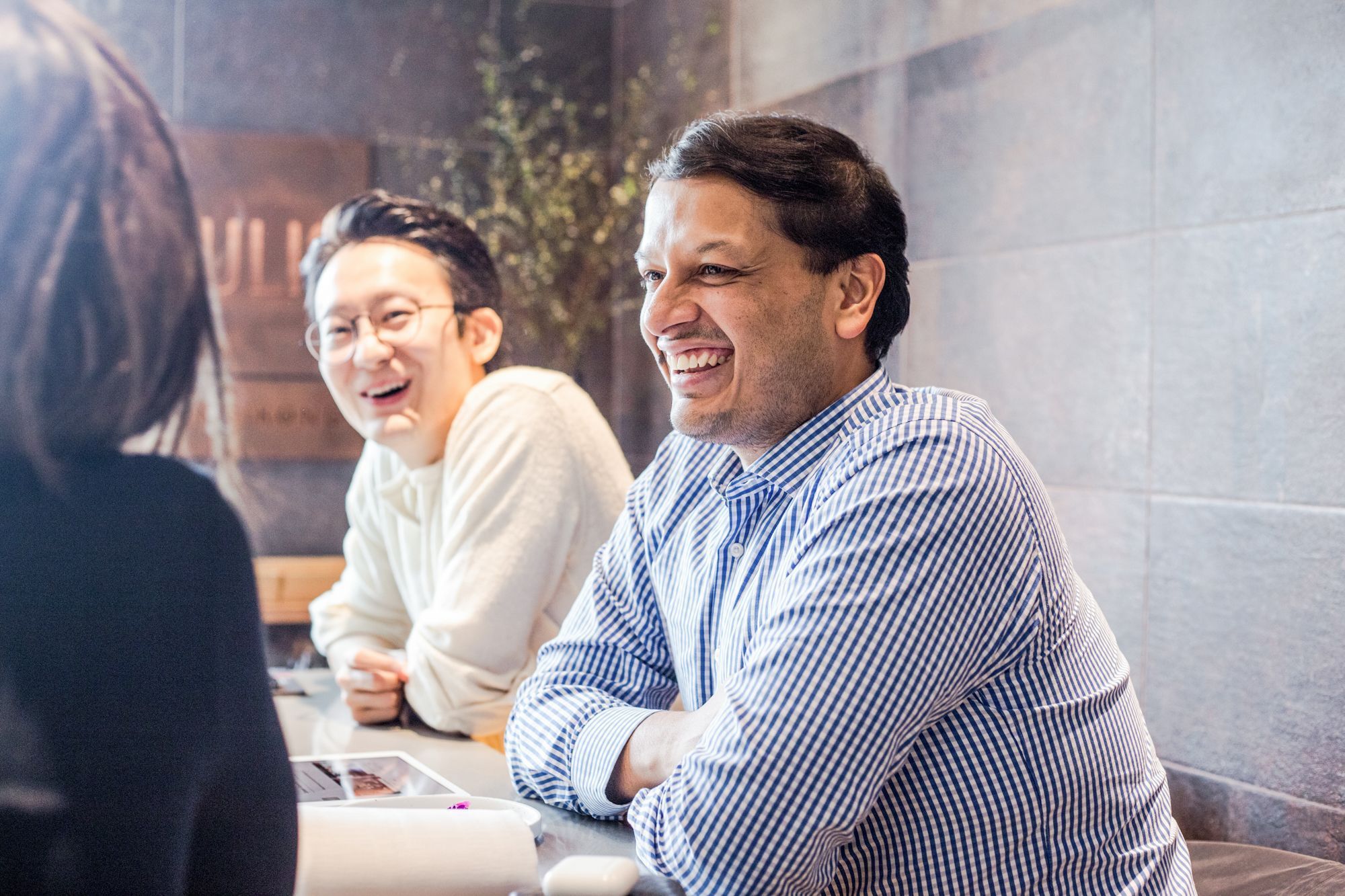The Hong Kong-based investor and entrepreneur discusses teaming up with Animoca Brands for a US$130 million funding round and doubling down on food-tech investments
Gen.T Tribe member Manav Gupta’s venture capital firm is one with a difference. Since he founded Hong Kong-based Brinc in 2014, the company––which has grown to seven offices all over the world––has invested in and supported the growth of more than 200 startups, all with a focus on making the world a better place.
Now, that mission is set to accelerate, with the announcement from Brinc that they have secured US$130 million in funding for startup investments and to help fuel their global expansion. The funding––which was led by game software company and VC firm Animoca Brands––will be seeded to companies who are pioneering emerging technologies in food, health, energy, climate and deep tech, and allow Brinc to continue its expansion into Web 3.0 investments.
Here, Gupta shares more about Brinc’s journey, what’s next for its accelerator programmes, and what he thinks about the metaverse.
See also: 5 Books to Feed Your Curiosity About The Metaverse And The Future Of The Internet

How did Brinc's partnership with Animoca Brands come to be?
I met [its founder] Yat [Siu] back in 2015 when I first moved to Hong Kong to start Brinc. Entrepreneurship and early-stage investing were still relatively nascent in Hong Kong during that time. Still, Yat shared a similar desire to support the development of an ecosystem that would enable startup innovation.
Yat's a true pioneer. We started working together by facilitating introductions to the Brinc portfolio teams that went through our initial accelerator––an IoT-based program. Yat personally invested in many of these teams and, over time, recognised we could drive a greater impact together by expanding the number of accelerators that could support the growth of early-stage startups at scale.
Over the years, our relationship developed over a shared passion for sustainability and entrepreneurship, underpinned by our ability to create value together. That has now resulted in Anomica Brands leading this US$130 million investment.
Since founding Brinc in 2014, you've supported over 200 startups. Is there one pitch that was the most memorable to you?
The best pitches I've seen at Brinc tell a clearly articulated story and take you on a journey.
They help you recognise why the team decided to enter this space, how they came together, clearly communicate the problem they see in the world, and how they plan to solve it. I remember the first founder we backed in 2014. His name is Florian (who ironically had the same birthday as my mom and Brinc's incorporation date - December 1), and he delivered an incredible pitch for his company, Soundbrenner. He fully engaged the audience by switching back and forth between his pitch on stage onstage, and team members live in the audience playing music and demonstrating its capabilities.
Teams like Florian's leave you with confidence that they have done thorough validation, driven enough traction even with limited resources, and that they can genuinely make an impact with our financial backing and support.
See also: Pitching Your Startup? Here Are 5 Red Flags VCs Look Out For

